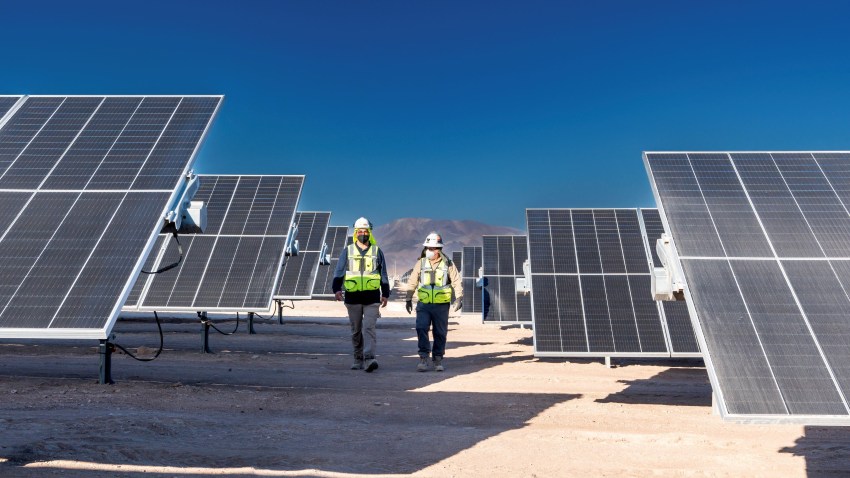More than 1,300 people died during this year’s Hajj in Saudi Arabia amid extreme high temperatures during the annual Islamic pilgrimage. Temperatures around Mecca soared to above 115 degrees Fahrenheit, or more than 45 degrees Celsius, this past week, leading to thousands of cases of heat exhaustion. (AP)
Our Take
In the Northern Hemisphere, last week marked the beginning of summer, a season that has increasingly provided stark reminders of the effects of climate change in the form of forest fires, flooding and especially heat waves. Those effects are particularly pronounced in Saudi Arabia, which is warming up faster than the rest of the hemisphere. But heat waves during this season are now common across the hemisphere, seemingly affecting at least some part of the hemisphere—it is currently sweltering here in Washington—at any given time.
These heat waves undoubtedly stir more conversation about climate change in the Global North, but those conversations sound noticeably different than they did even a few years ago. And they certainly sound different than the conversations happening in the Global South.

